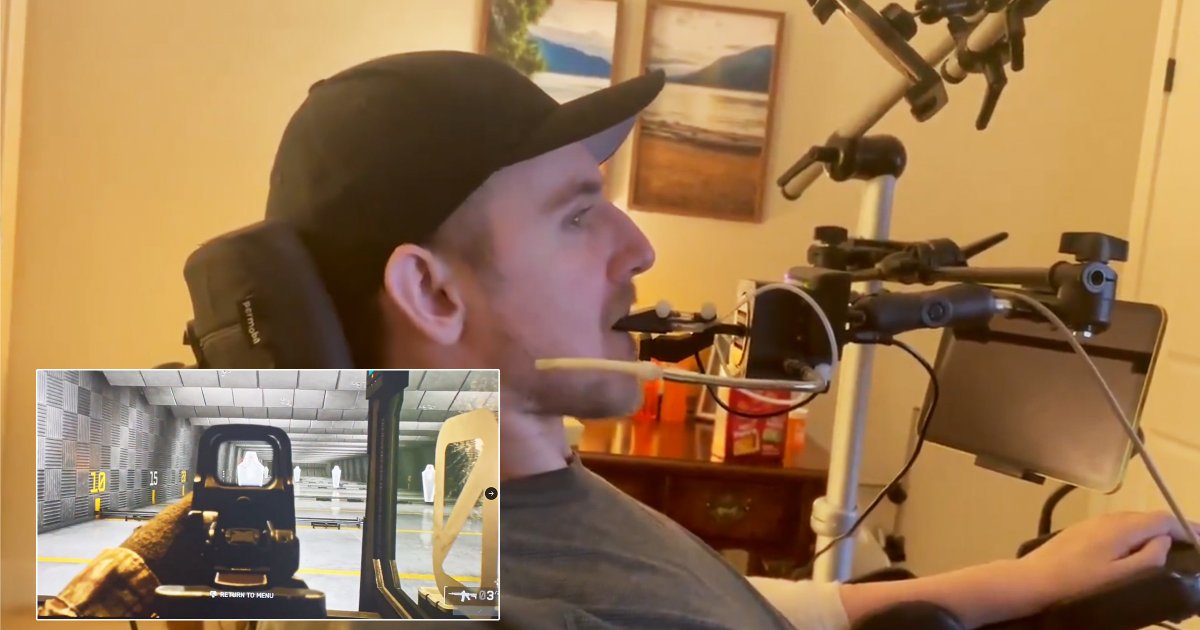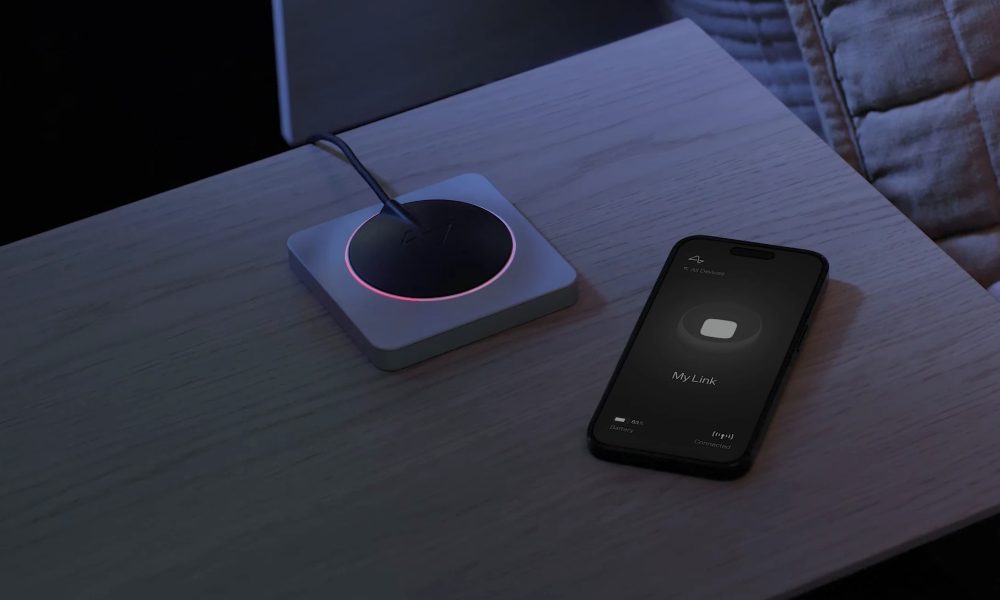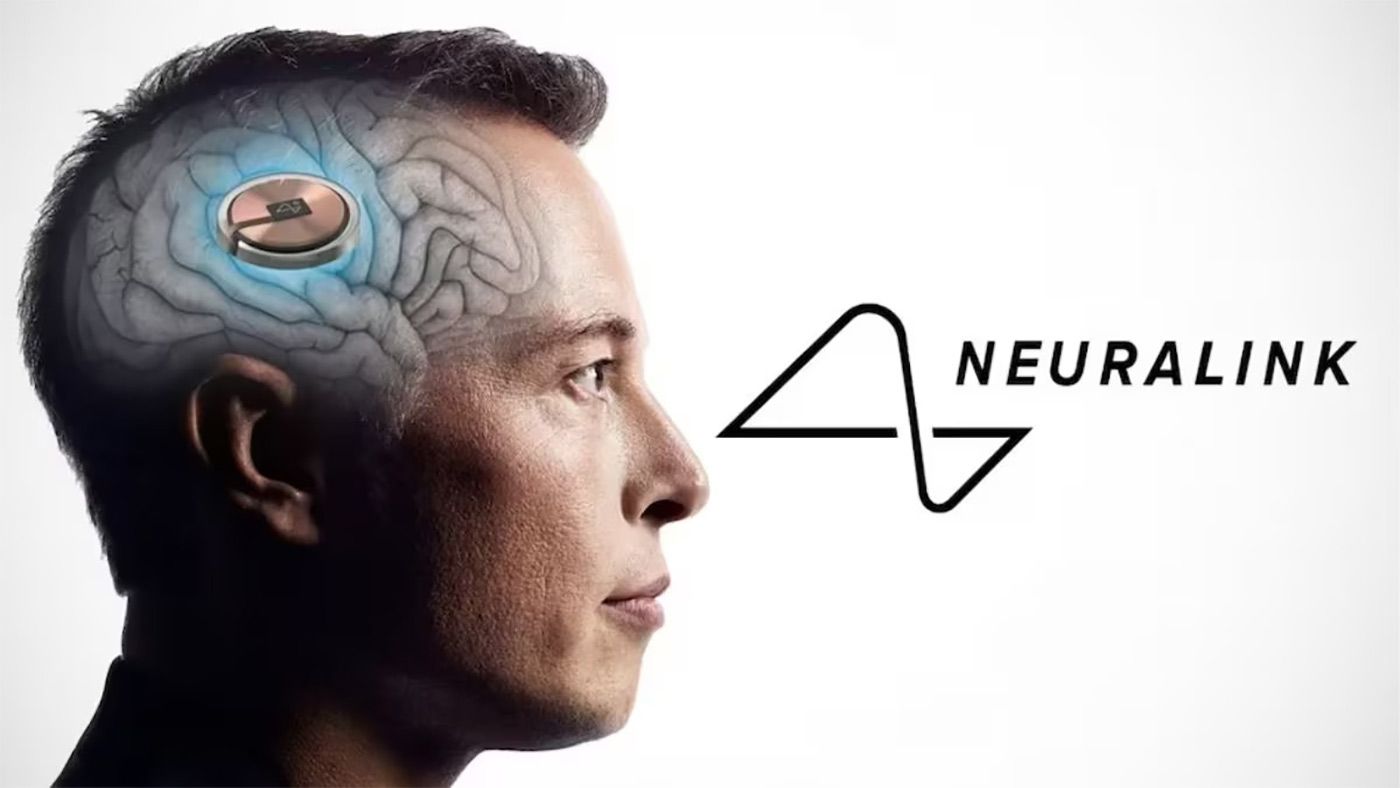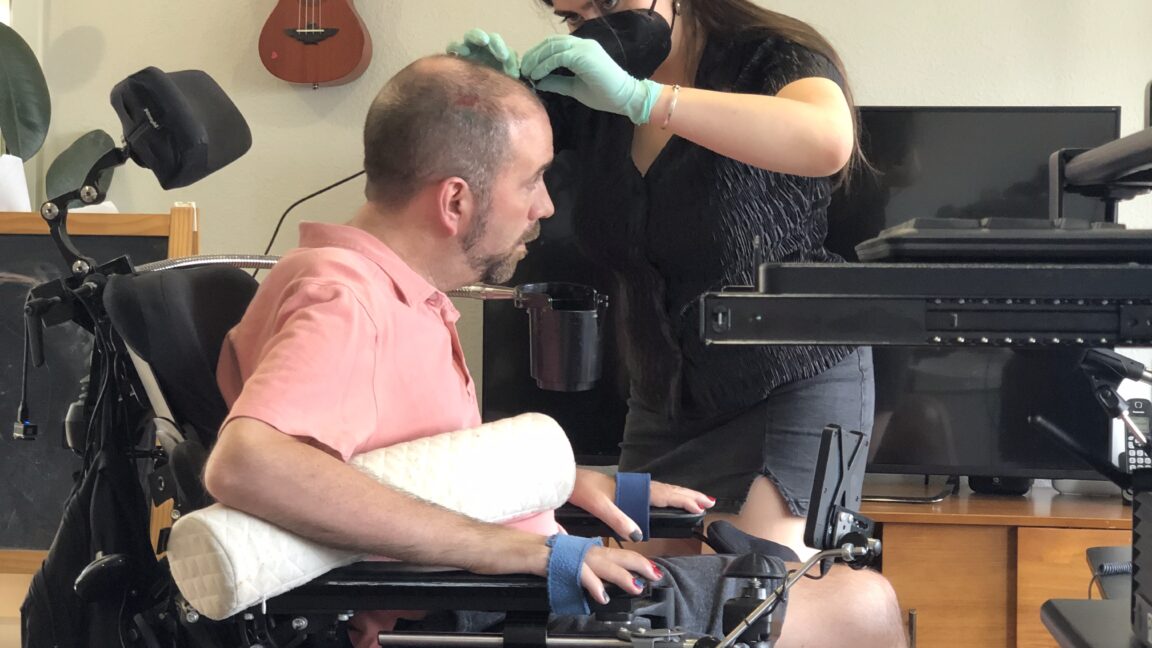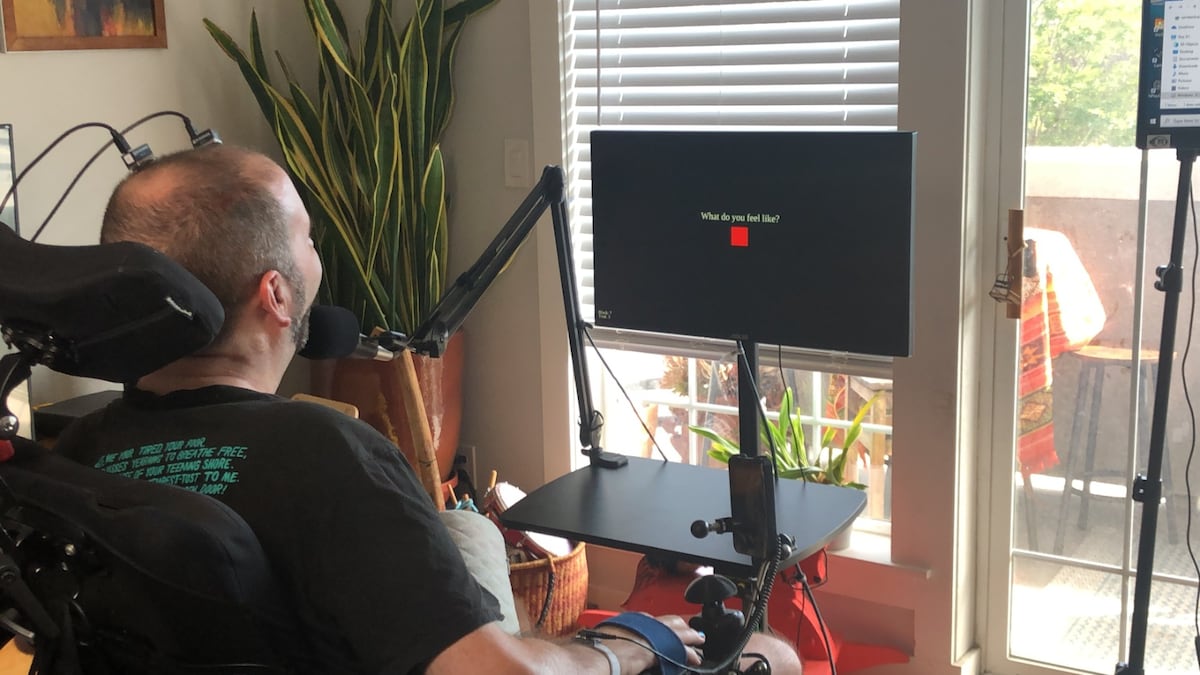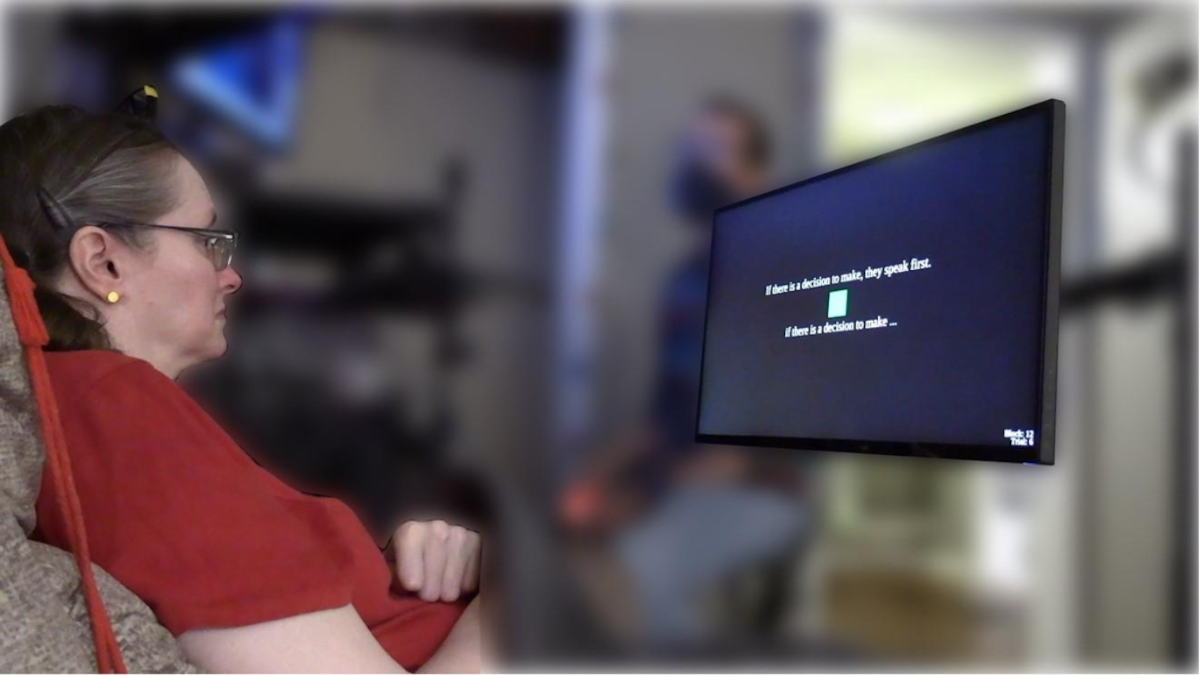#brain-computer-interface
#brain-computer-interface
[ follow ]
#neuralink #assistive-technology #als #elon-musk #neuroscience #neuroprosthetics #paralysis #neurotechnology
fromPitchfork
4 weeks agoPeter Gabriel Lines Up a New Year of Lunar Releases With O/I
I have been thinking about the future and how we might respond to it. We are sliding into a period of transition like no other, most likely triggered in three waves; AI, quantum computing and the brain computer interface. Artists have a role to look into the mists and, when they catch sight of something, to hold up a mirror.
Music
fromPsychology Today
4 weeks agoBreakthrough Brain-Computer Interface Is Minimally Invasive
An important milestone has been achieved in brain-computer interface (BCI) technology. A new peer-reviewed study published in Nature Biomedical Engineering shows how a high-performance brain-computer interface can be rapidly implanted through a minimally invasive procedure. "We have demonstrated that the entire surgical procedure for cranial micro-slit insertion, from initial skin incision to endoscope-guided array placement and final securing of the array positions, can be safely performed in under 20 minutes," wrote corresponding author Benjamin Rapoport, MD, PhD, along with his team of neuroscientists at Precision Neuroscience.
Science
fromNews Center
1 month agoWireless Device 'Speaks' to the Brain With Light - News Center
The soft, flexible device sits under the scalp but on top of the skull, where it delivers precise patterns of light through the bone to activate neurons across the cortex. In experiments, scientists used the device's tiny, patterned bursts of light to activate specific populations of neurons deep inside the brains of mouse models. (These neurons are genetically modified to respond to light.) The mice quickly learned to interpret these patterns as meaningful signals, which they could recognize and use.
Science
fromTechCrunch
2 months agoThe future will be explained to you in Palo Alto | TechCrunch
On Wednesday evening at PlayGround Global in Palo Alto, some very smart people who are building things you don't understand yet will explain what's coming. This is the final StrictlyVC event of 2025, and truly, the lineup is ridiculous. The series has bounced around the globe under the auspices of TechCrunch. Steve Case rented a theater in D.C.; we talked to Greece's prime minister in Athens; and Kirsten Green hosted us at the Presidio in San Francisco.
Silicon Valley
fromSun Sentinel
3 months agoDave Hyde: Marc Buoniconti's tragic tackle 40 years ago and the world it changed
MIAMI - I am watching a man paralyzed from the neck down lift an artificial arm by merely thinking about do so. I am watching another quadriplegic play drums thanks to similar microchip in his brain. I am listening to doctors talk of hypothermia protocol, brain-computer interface and how artificial intelligence will help change the wheelchair world. "What do you think?" a scientist asks. "This is the greatest sports story of my lifetime," I say.
Medicine
fromThe Verge
3 months agoSam Altman's next startup eyes using sound waves to read your brain
Sam Altman has tapped Mikhail Shapiro, an award-winning biomolecular engineer, to join the Merge Labs brain-computer interface startup he's set to announce soon with co-founder Alex Blania. While Shapiro's official title is unclear, sources say he will be part of Merge's founding team and has been positioned as a key leader in talks with investors. Those talks are ongoing, but Merge expects to raise hundreds of millions of dollars from OpenAI and others, as The Financial Times earlier reported.
Startup companies
fromWIRED
3 months agoThis Startup Wants to Put Its Brain-Computer Interface in the Apple Vision Pro
Now, Cognixion is bringing its AI communication app to the Vision Pro, which Forsland says has more functionality than the purpose-built Axon-R. "The Vision Pro gives you all of your apps, the app store, everything you want to do," he says. Apple opened the door to BCI integration in May, when it announced a new protocol to allow users with severe mobility disabilities to control the iPhone, iPad, and Vision Pro without physical movement.
Artificial intelligence
fromWIRED
5 months agoChina Is Building a Brain-Computer Interface Industry
Given these and other recent milestones, Peng says it's realistic to think that at least one BCI system could gain approval in China by 2027. Minmin Luo, director of the Chinese Institute for Brain Research (CIBR) in Beijing, agrees that the country is well on its way to meeting the goals set out by the new policy document. "It is basically an engineering project, with not so ambitious goals. Already, there are so many people working on it," he says.
Medicine
fromArs Technica
5 months agoAn inner-speech decoder reveals some mental privacy issues
Once the mental privacy safeguard was in place, the team started testing their inner speech system with cued words first. The patients sat in front of the screen that displayed a short sentence and had to imagine saying it. The performance varied, reaching 86 percent accuracy with the best performing patient and on a limited vocabulary of 50 words, but dropping to 74 percent when the vocabulary was expanded to 125,000 words.
Science
[ Load more ]






